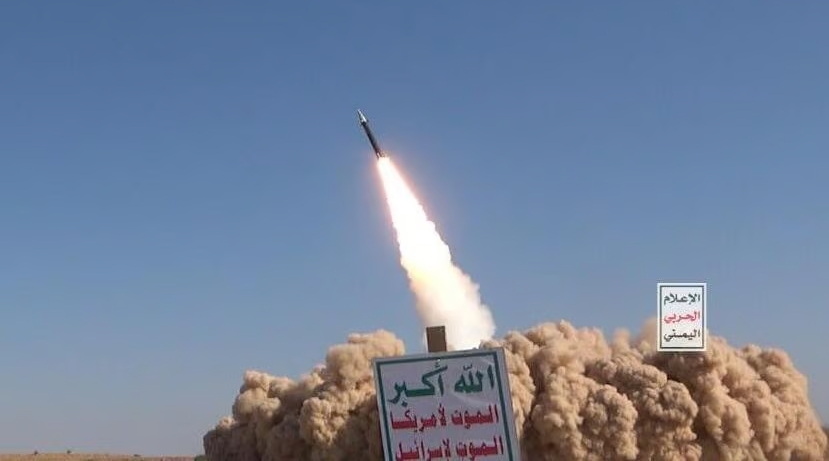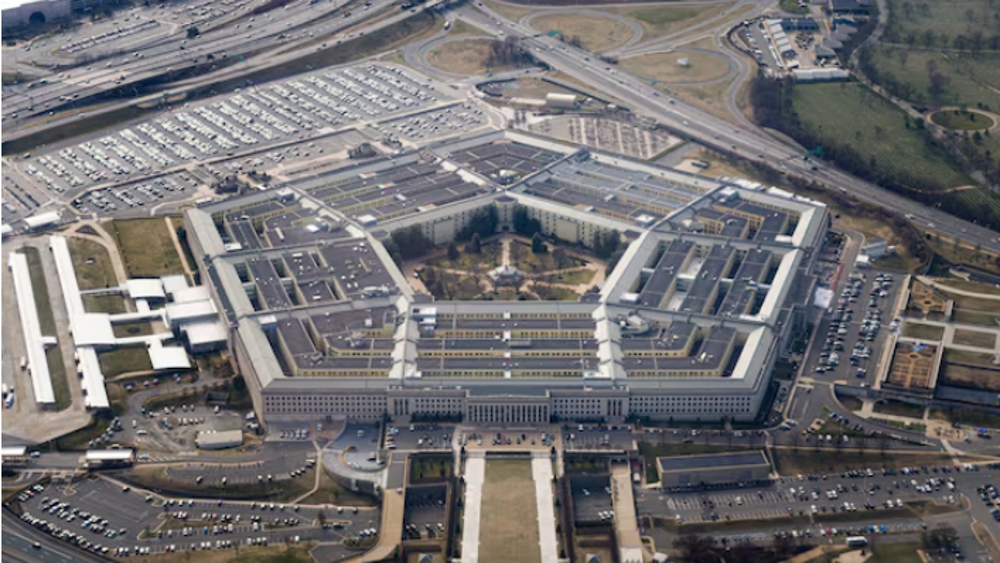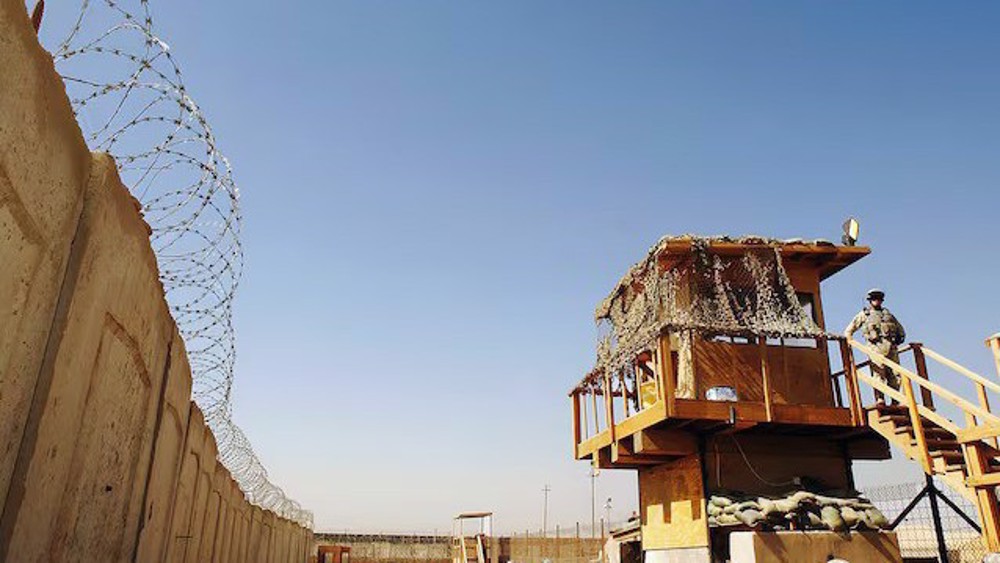US Navy says it will keep operating in South China Sea
The United States says its military forces will continue to operate in the disputed South China Sea in accordance with international law.
The US Chief of Naval Operations John Richardson made the comments on Wednesday during a visit to a Chinese naval base.
During a meeting with Yuan Yubai, the commander of the Chinese North Sea Fleet, Richardson said US forces would keep sailing, flying and operating wherever international law allows, the US Navy said.
"The US Navy will continue to conduct routine and lawful operations around the world, including in the South China Sea, in order to protect the rights, freedoms and lawful uses of sea and airspace guaranteed to all. This will not change," Richardson said.
A senior Chinese admiral said over the weekend that freedom of navigation patrols carried out by navies from countries outside the region in the South China Sea could end "in disaster.”
Richardson said he was supportive of the deepening of relations between the American and Chinese navies but would be continuously reassessing his support based on safe and professional interactions at sea.
China’s territorial claims over the South China Sea overlap in parts with Taiwan, the Philippines, Vietnam, Malaysia and Brunei. Japan has its own territorial dispute with China in the East China Sea.
Last week, the Permanent Court of Arbitration in The Hague ruled that there was no legal basis for Beijing to claim historic rights to resources within much of the South China Sea.
The United States has complained that Chinese planes and ships have performed "unsafe" maneuvers while shadowing American warships and aircraft in the South China Sea.
However, China has criticized the US military presence in the Asia-Pacific and suspects Washington’s military drills with countries in the region are part of efforts to contain Beijing.
However, China has criticized the US military presence and military drills with countries in the Asia-Pacific region because it says they are part of efforts to contain Beijing.
US Vice President Joe Biden said on Wednesday in Sydney, Australia, that Washington will not retreat from its pivot to the Asia-Pacific region, regardless of who wins November's presidential election.
‘Arab Nelson Mandela’ released after 40 years in France
VIDEO | Jordanians condemn Israel’s ban on UNRWA activities in occupied Palestine
VIDEO | Million-man march held in Yemen in support of Gaza, Lebanon
Iran says resolved to ‘legally’ pursue Gen. Soleimani assassination case
VIDEO | Outraged over Gaza genocide, Iraqi protesters burn Israel, US and UK flags
Far-right German party calls for UN probe into ‘Berlin’s role’ in Nord Stream blasts
Trump’s ‘Make America Great Again’ shows US debilitated, desperate: Fmr. IRGC chief
Jordan rage: Protesters blast Israel’s genocide in Gaza, carnage in Lebanon










 This makes it easy to access the Press TV website
This makes it easy to access the Press TV website